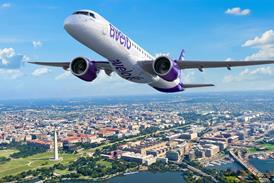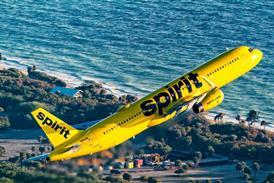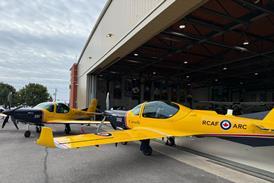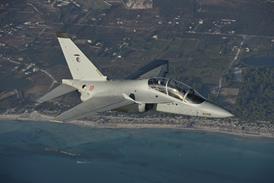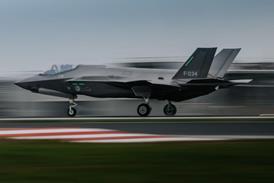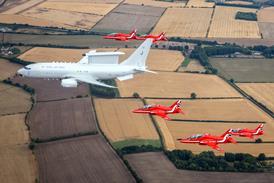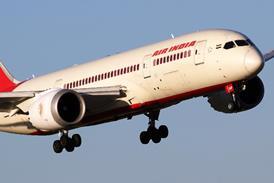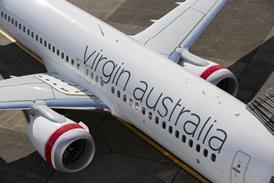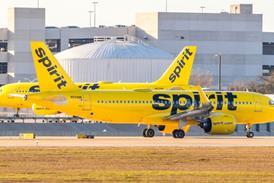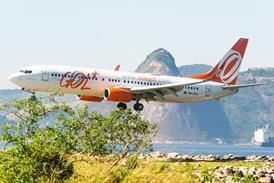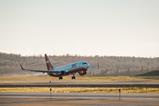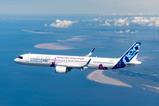US carrier JetBlue Airways has operated its final revenue flight with an Embaer E190 on 9 September, completing a years-long process of winding down its fleet of the twinjets in favour of its new, more-efficient Airbus A220-300s.
The following day, start-up discounter Avelo Airlines disclosed an order for up to 100 E195-E2s, with 50 firm orders and 50 options, ensuring that Embraer’s largest family of commercial jets will retain a presence in the USA beyond this decade.
Avelo plans to withdraw from its West Coast hub in Burbank by December and concentrate operations on the East Coast of the USA. That move will step up Avelo’s competition with JetBlue, which is seeking dominance in the Northeast-to-Florida market and an increasingly strong presence in the Caribbean.
It is becoming an increasingly crowded picture, with fellow A220-300 operator Breeze Airways also looking to establish a strong foothold in overlapping East Coast markets.
Notably, Breeze is now the only commercial E190 operator in the USA.
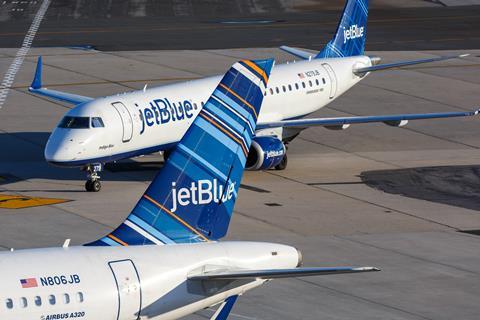
JETBLUE GOES ALL-AIRBUS
Retirement of the last E190 in JetBlue’s fleet marks the end of an era.
JetBlue’s chief operating officer Warren Christie piloted the final flight from New York John F Kennedy International airport to Boston Logan International airport. He was also in the cockpit for JetBlue’s first E190 flight in 2005.
That year, JetBlue became the world’s first carrier to operate the 100-seat E190. It peaked with about 60 of the E-Jets in service during the late 2010s, with the twinjet proving ideal for the mission of building its network in the Northeast USA.
“The E190 was instrumental in our early years and proved to deliver on critical connectivity in short-haul markets, allowing us to grow into new regions, especially in our New York and Boston focus cities,” Christie says.
Now, the New York-based carrier flies exclusively Airbus aircraft, including 50 A220s, 126 A320s and 93 A321s, according to Cirium fleets data.
And the 140-seat A220 is viewed as critical to the carrier’s domestic and near-international network.
”The A220 continues to unlock new possibilities for route expansion, including for transcontinental markets where the E190 was not equipped for the range needed,” the airline says. ”Its lower direct operating costs and optimised fuel efficiency are important steps that align with JetBlue’s financial goals.”
The airline made the decision to phase out its fleet of about E190s back in 2018, cancelling dozens of E-Jets orders in favour of the Airbus A220-300.
The E190’s life with JetBlue was extended by the Covid-19 pandemic, which delayed the airline’s A220 deliveries.
New York-based JetBlue says the E190 “helped propel it through period of expansion and innovation”.


